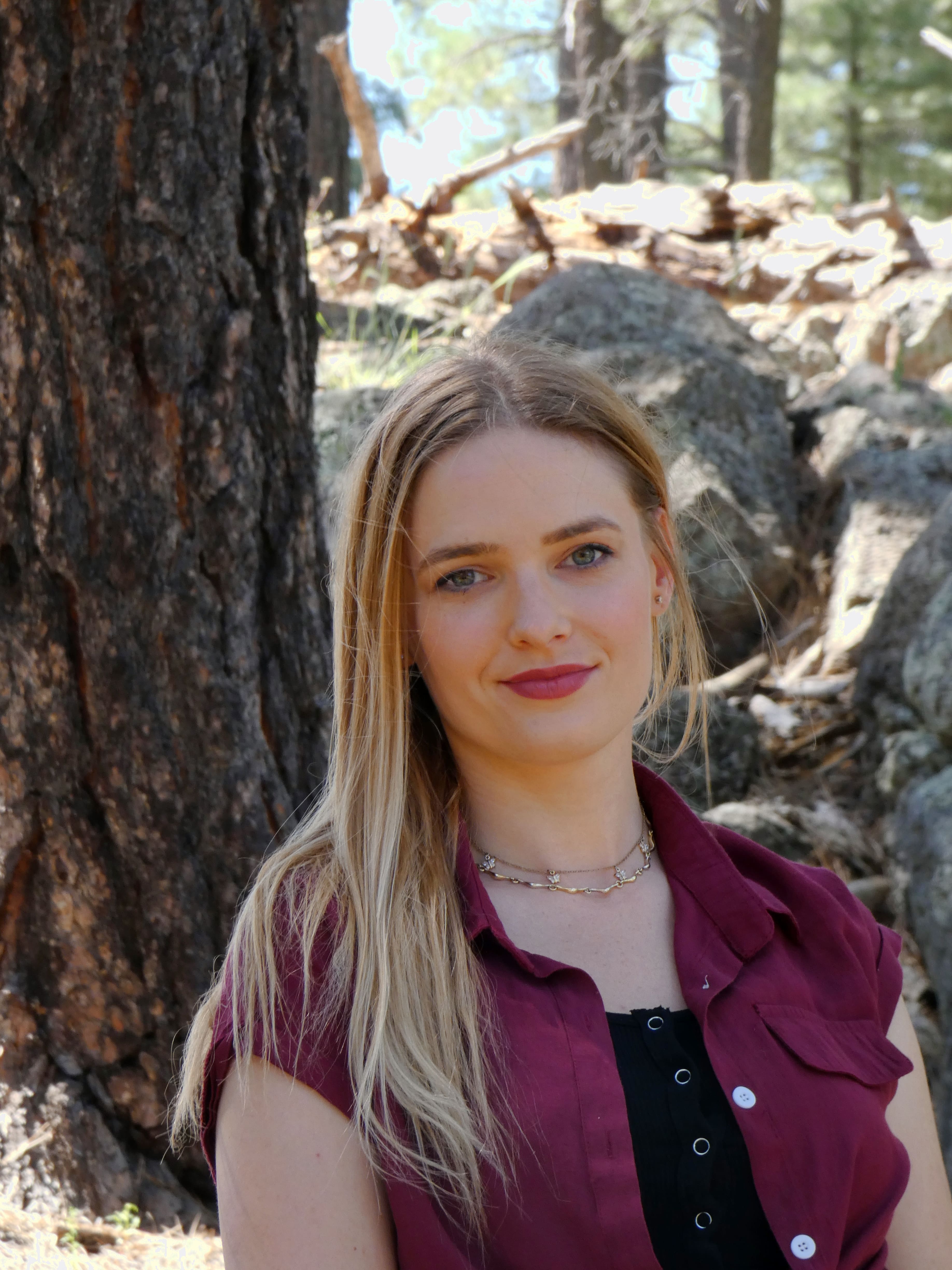Terrestrial Biodiversity
Trees, Forests & Deforestation
Wildlife & Invasive Species
Post-Doctoral Fellowships
United Kingdom
2017.03.19
Enabling better biodiversity conservation in the tropical forests of Southeast Asia
“While a relatively large amount of evidence has been collected on fragmentation for Latin America, for Southeast Asia we have much more limited knowledge, mostly just snapshot studies dotted around the region” Dr. Oliver Wearn points out. “”I’m interested in whether small protected areas, as well as areas set aside by industry, can hold onto their species into the future. By collecting data in different landscapes in the region, and building statistical models, we can answer the question.””. To create these models, a lot of his work will consist of collecting new data on biodiversity, with a particular focus on mammals, using camera-trapping, aerial views and live-trapping.
Besides providing a more comprehensive picture of the effects of fragmentation in Southeast Asia, Dr. Oliver Wearn’s project stands out due to the incorporation of a time component. Indeed, his models will not only be informed by actual observations on the ground, but also by the history of the landscape. “By knowing the past, you can better predict the future,” argues Dr. Wearn. To achieve this, the project will use historical data collected in the region, as well as past satellite images and aerial work, including NASA’s open access archives.
Providing a framework for effective and crucial policy and decision-making
Dr. Wearn’s research has far-reaching implications. Biodiversity loss brings about an extensive list of adverse consequences for wildlife populations such as reduced area of habitat, cut-off populations, changes in environment, inbreeding. Moreover, fauna and flora are not the only collateral damage. Fragmentation also represents an important risk to society in terms of human health and well-being. By creating models which can effectively forecast biodiversity persistence in Southeast Asia, Dr. Oliver Wearn’s long-term objective is to enable effective policy and decision-making in the region. “My career goal is to provide a framework for governments, industries and other stakeholders to take decisions,” he explains. Therefore, the project will include clear management recommendations for end-users, including protected area managers and sustainability certification schemes.

Oliver
WEARN
Institution
Institute of Zoology
Country
United Kingdom
Nationality
British
Related articles
Climate & Environment
Zoonose & Vector Borne Diseases
Global Warming
Wildlife & Invasive Species
Post-Doctoral Fellowship
Hungary
2023.08.31
How Will Climate Change Affect Bird-Spread Diseases
Expected start date:Aug-2023 Human, animal, and environmental health are interconnected. Climate change may alter the transmissions of diseases that can... Read more

Tamara
SZENTIVANYI
Center for Ecological Research
Terrestrial Biodiversity
Societal Challenges
Wildlife & Invasive Species
AXA Chair
France
2019.10.31
Invasive species: raising awareness with scenarios for the future
Scenarios as wake-up calls: following the example of climate change research The project is set in two connected parts that... Read more

Franck
COURCHAMP
